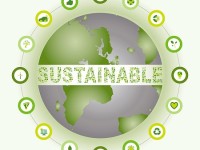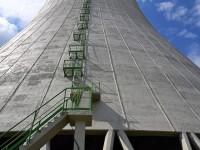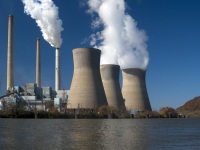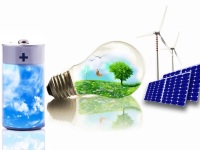Sustainability is a broad discipline, giving students and graduates insights into most aspects of the human world from business to technology to environment and the social sciences. Define Sustainability The definition of “sustainability” is the study of how natural systems function, remain diverse and produce everything it needs for the ecology to remain in balance.…
Read more
What Is Sustainability and Why Is It Important?





